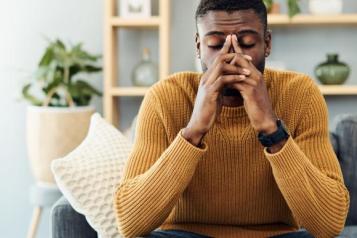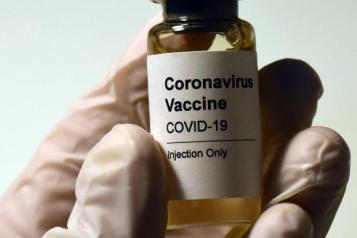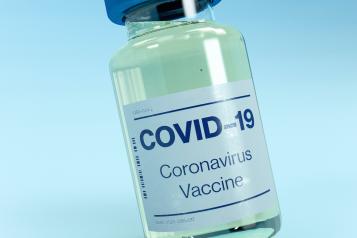COVID-19 treatments for vulnerable people

The new antibody and antiviral treatments offered to people with COVID-19 who are at highest risk, aim to reduce the risk of becoming seriously ill and are for people not admitted to hospital.
Who can have COVID-19 treatment?
You are eligible for COVID-19 treatment if all of the following apply:
- you're aged 12 or over
- you're at highest risk of getting seriously ill from COVID-19
- you have symptoms of COVID-19
- you have tested positive for COVID-19
People at highest risk
You may be at highest risk of getting seriously ill from COVID-19 if you have:
- Down's syndrome
- sickle cell disease
- HIV or AIDS
- chronic kidney disease (CKD) stage 4 or 5
- certain types of cancer
- had certain types of chemotherapy in the last 12 months
- had radiotherapy in the last 6 months
- had an organ transplant
- a severe liver condition (such as cirrhosis)
- a rare condition affecting the brain or nerves (multiple sclerosis, motor neurone disease, Huntington’s disease or myasthenia gravis)
- certain autoimmune or inflammatory conditions (such as rheumatoid arthritis or inflammatory bowel disease)
- a condition or treatment that makes you more likely to get infections
Most people in one of these high-risk groups, will have received, a letter from NHS England informing you of the new treatments. If you receive a positive PCR or register a positive lateral flow test result you will be contacted by the local COVID-19 Medicine Delivery Unit (CMDU) in Leicester.
However, if you have not been contacted directly regarding the new treatments within 24 hours of a positive test, you can contact your GP practice or NHS 111 for a referral to the CMDU. You cannot self-refer to a CDMU to access the new treatments.
Read more about the new COVID-19 treatments for vulnerable people
If you are in one of the highest risk groups above, and are not contacted within 24 hours of regsitering a positive COVID-19 test, call your GP practice or NHS 111 to be referred for treatment.


